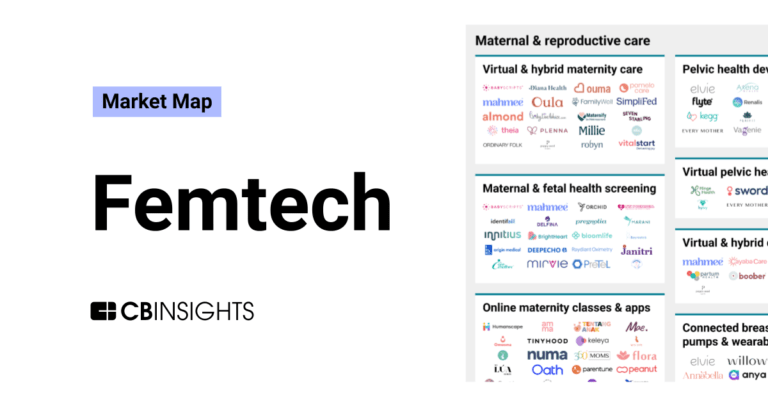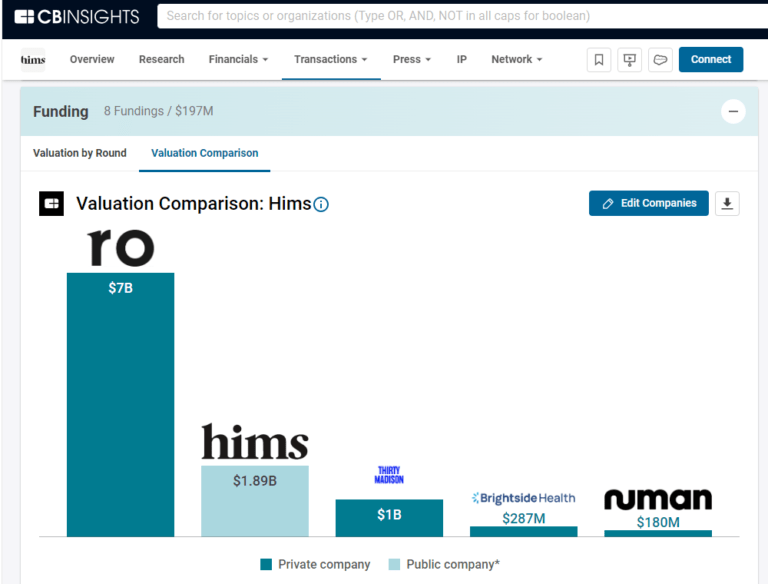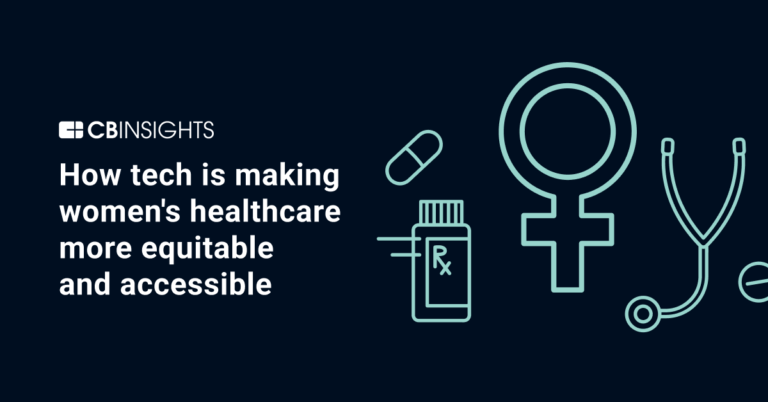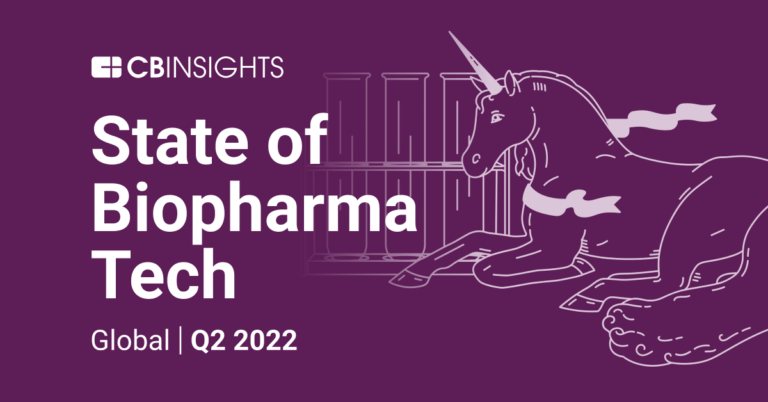
Ro
Founded Year
2017Stage
Series D - II | AliveTotal Raised
$1.027BValuation
$0000Last Raised
$150M | 3 yrs agoRevenue
$0000Mosaic Score The Mosaic Score is an algorithm that measures the overall financial health and market potential of private companies.
-40 points in the past 30 days
About Ro
Ro provides telehealth services and healthcare products across various sectors. The company offers online consultations and treatments for weight loss, sexual health, hair loss, fertility, and skin care, using food and drug administration (FDA)-approved medications. Ro serves individuals seeking healthcare solutions without the need for insurance. It was founded in 2017 and is based in New York, New York.
Loading...
Ro's Products & Differentiators
Roman / Rory / Plenity / Zero
Ro first started with three digital health clinics to offer patients end-to-end telehealth treatment for over 20 conditions. Roman which offers treatments for men’s health conditions from sexual health, to hair loss to daily vitamin supplements. Rory, a clinic for women offering treatments for conditions from skincare to menopause to sexual wellness. And Zero, a clinic to help patients quit smoking. Ro also offers Plenity, an offering that provides patients with safe and effective options to manage their weight and tackle obesity.
Loading...
Research containing Ro
Get data-driven expert analysis from the CB Insights Intelligence Unit.
CB Insights Intelligence Analysts have mentioned Ro in 4 CB Insights research briefs, most recently on Mar 28, 2024.

Mar 28, 2024
The femtech market map
Jan 3, 2024
2024 prediction: Hims merges with Ro
Nov 11, 2022 report
How tech is making women’s healthcare more equitable and accessible
Aug 22, 2022 report
State of Biopharma Tech Q2’22 ReportExpert Collections containing Ro
Expert Collections are analyst-curated lists that highlight the companies you need to know in the most important technology spaces.
Ro is included in 7 Expert Collections, including E-Commerce.
E-Commerce
11,245 items
Companies that sell goods online (B2C), or enable the selling of goods online via tech solutions (B2B).
Unicorns- Billion Dollar Startups
1,270 items
Digital Health 50
300 items
The most promising digital health startups transforming the healthcare industry
Tech IPO Pipeline
539 items
Track and capture company information and workflow.
Digital Health
11,305 items
The digital health collection includes vendors developing software, platforms, sensor & robotic hardware, health data infrastructure, and tech-enabled services in healthcare. The list excludes pureplay pharma/biopharma, sequencing instruments, gene editing, and assistive tech.
Telehealth
3,114 items
Companies developing, offering, or using electronic and telecommunication technologies to facilitate the delivery of health & wellness services from a distance. *Columns updated as regularly as possible; priority given to companies with the most and/or most recent funding.
Ro Patents
Ro has filed 14 patents.
The 3 most popular patent topics include:
- conservation and restoration
- eyewear
- eyewear brands

Application Date | Grant Date | Title | Related Topics | Status |
|---|---|---|---|---|
9/30/2022 | 12/10/2024 | Off-road racing video games, Off-road racing drivers, Electronics manufacturing, Stock car racing, Fluid dynamics | Grant |
Application Date | 9/30/2022 |
|---|---|
Grant Date | 12/10/2024 |
Title | |
Related Topics | Off-road racing video games, Off-road racing drivers, Electronics manufacturing, Stock car racing, Fluid dynamics |
Status | Grant |
Latest Ro News
Mar 28, 2025
1. Telehealth has built-in recurring revenue The biggest headache with dropshipping and traditional e-commerce is retention. A customer buys a product, and then they're gone, maybe forever. This creates a never-ending cycle of chasing new customers, driving up ad spend and slashing your profits. Telehealth, by contrast, thrives on subscription-based models. Whether it's ongoing treatments, prescription refills or scheduled virtual visits, telehealth services naturally foster long-term relationships with customers. This translates to higher lifetime value (LTV) per customer and much greater profitability over time. 2. Less competition, higher profit margins Dropshipping's low barrier to entry means almost anyone can clone a successful product overnight. This leads to saturated markets, razor-thin margins and constant price wars that drain profitability. Telehealth operates in a completely different paradigm. Regulations create a natural barrier to entry, preventing new players from flooding the market. This allows early movers to establish strong brand loyalty and pricing power without the intense competition seen in traditional DTC markets. Plus, healthcare services typically carry higher margins than physical products, making it easier to scale profitably while maintaining quality. 3. Consumer demand for digital health is skyrocketing The pandemic accelerated telehealth adoption at warp speed, but this shift isn't temporary, it's the new normal. Consumers now expect convenient, on-demand access to healthcare services and telehealth delivers exactly that. 80% of consumers prefer virtual consultations over in-person visits for non-urgent medical needs The global telehealth market is projected to grow 25% annually, reaching over $500 billion by 2030 Digital-first healthcare brands like Hims & Hers, Ro and Nurx have already proven that the DTC telehealth model is highly scalable and profitable Entrepreneurs who enter the telehealth space now position themselves at the forefront of this explosive growth curve, similar to getting into e-commerce in 2010 before the gold rush. 4. Telehealth aligns with e-commerce marketing strategies If you've already mastered DTC branding, performance marketing and conversion funnels, telehealth is a natural extension of those skills. The same playbook that works for dropshipping and e-commerce—influencer marketing, SEO and paid advertising, can be applied directly to telehealth brands. For example, a telehealth business specializing in skincare treatments can use: Content marketing to educate customers on common skin conditions Influencer collaborations to showcase accurate patient results Paid ads targeting consumers searching for dermatologist-backed treatments By leveraging your existing digital marketing expertise , you can quickly build trust, acquire customers and scale telehealth brands with proven DTC strategies. 5. Launching a telehealth brand is easier than ever Historically, telehealth was complex and expensive to set up, requiring partnerships with licensed providers, pharmacies and HIPAA-compliant tech stacks. That's no longer the case. We built Bask Health because we personally hit every barrier that prevents entrepreneurs from entering the telehealth space. Our goal was to create a turnkey telehealth infrastructure that removes compliance and operational headaches, making it as easy to launch a telehealth brand as it is to start a Shopify store. The platform includes: 30+ pharmacy fulfillment options HIPAA-compliant enterprise-grade data security Infinite extendability with our APIs and Developer tools This means entrepreneurs without a medical background can now enter the telehealth space just as easily as they would launch an e-commerce store — but with greater stability and long-term growth potential. The time to enter telehealth is now The direct-to-consumer market is evolving, and telehealth is leading its next wave. While dropshipping and traditional e-commerce still have their place, telehealth offers entrepreneurs a rare combination of high demand, strong margins and built-in customer retention. With consumer behavior permanently shifting toward digital healthcare, barriers to entry lowering and massive growth on the horizon, now is the time to capitalize on the telehealth revolution. If you're looking for a future-proof business model with high scalability and profitability, telehealth isn't just an opportunity — it's the future of direct-to-consumer business. And believe me, after trying both, I'd choose building a telehealth brand over another dropshipping store any day of the week.
Ro Frequently Asked Questions (FAQ)
When was Ro founded?
Ro was founded in 2017.
Where is Ro's headquarters?
Ro's headquarters is located at 625 6th Avenue, New York.
What is Ro's latest funding round?
Ro's latest funding round is Series D - II.
How much did Ro raise?
Ro raised a total of $1.027B.
Who are the investors of Ro?
Investors of Ro include General Catalyst, FirstMark Capital, Initialized Capital, BoxGroup, TQ Ventures and 28 more.
Who are Ro's competitors?
Competitors of Ro include Blink Health, Hone Health, Piction Health, Simple Health, Redesign Health and 7 more.
What products does Ro offer?
Ro's products include Roman / Rory / Plenity / Zero and 4 more.
Loading...
Compare Ro to Competitors

Maven serves as a virtual clinic that specializes in women's and family health within the healthcare sector. The clinic offers continuous, holistic care services, including fertility and family building, maternity, parenting, pediatrics, and menopause management. Maven primarily serves employers and health plans, aiming to improve health outcomes and reduce healthcare costs. It was founded in 2014 and is based in New York, New York.

Thirty Madison focuses on virtual-first specialized healthcare within the healthcare industry. It offers a care model that provides treatments for individuals with ongoing conditions, serving sectors that require specialized healthcare management. It was founded in 2017 and is based in New York, New York.

DoctorBox is a digital health platform operating in the healthcare industry. The company offers an application that centralizes all important health data, providing various digital services for diagnostics, pharmaceuticals, and therapy. It primarily serves individuals seeking to manage their daily health. It was founded in 2016 and is based in Berlin, Germany.

HealthTap is a digital health company. It offers a mobile application that connects doctors with patients, giving patients access to medical experts and health advice anytime and anywhere. It was founded in 2010 and is based in Sunnyvale, California.

98point6 Technologies specializes in digital health solutions and focuses on telehealth and healthcare technology. The company offers a virtual care platform that provides asynchronous and real-time telehealth services, designed to streamline administrative tasks for clinicians and enhance patient-provider interactions. Their platform serves the healthcare industry by increasing provider efficiency and patient satisfaction through technology that supports various care modalities. 98point6 Technologies was formerly known as 98point6. It was founded in 2017 and is based in Seattle, Washington. 98point6 Technologies operates as a subsidiary of Transcarent.

Rezilient provides healthcare services. It combines telehealth services with in-person care capabilities. The company offers primary and urgent care services, accessible through both virtual and physical examinations, including labs and imaging. It provides individuals and families with convenient healthcare solutions. Rezilient was formerly known as DynamicSurgical. It was founded in 2016 and is based in Saint Louis, Missouri.
Loading...
